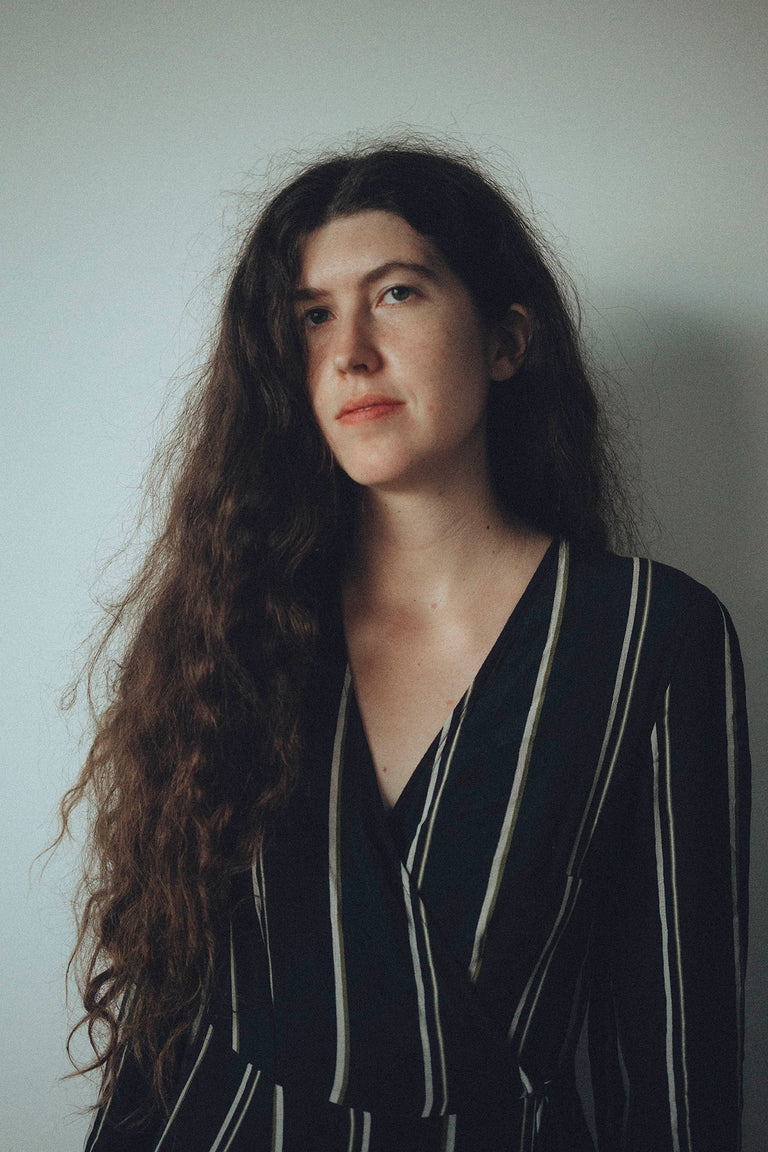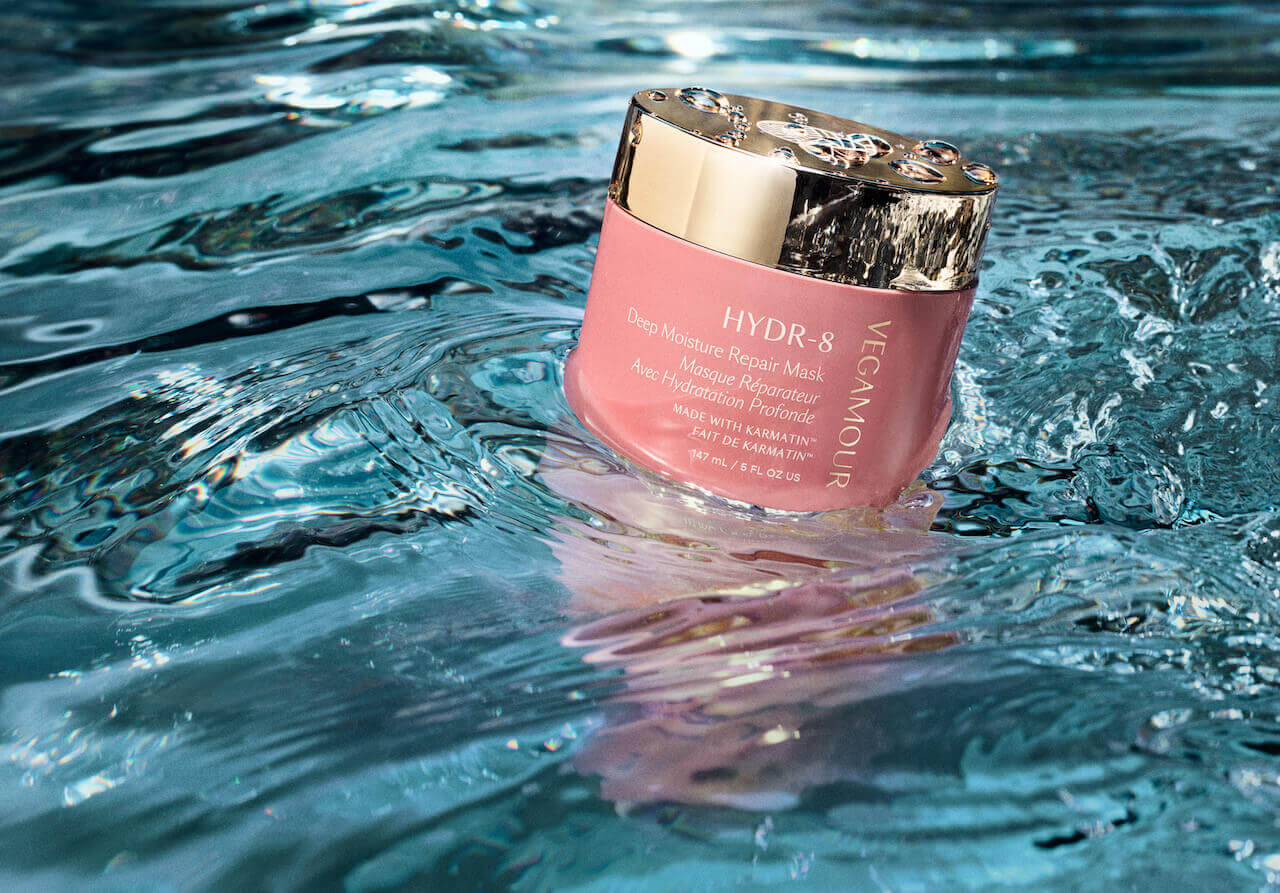When you're dealing with hair and scalp issues, it's always a good idea to seek out a medical professional who specializes in hair and scalp disorders. Whether you're dealing with female hair loss, hair breakage, thinning hair or another hair or scalp condition caused by damaged hair follicles, effectively treating hair loss can sometimes mean getting support from a professional.
Depending on the nature of your issue, either a trichologist or a dermatologist can be a great source of support by helping you get an accurate diagnosis and the treatment you need. But which specialist is right for you? Here's how to know plus, find out what hair care products you should use as part of a holistic approach to a healthy scalp and hair.
Dermatologist vs. Trichologist: What's the Difference?
Most people are more familiar with dermatology as a general practice for supporting skin health, but how can a dermatologist help with your hair loss problem? And how is a dermatologist different from a trichologist?
According to clinical dermatologist Dr. Enrizza P. Factor, "A dermatologist is actually a medical professional. They're a physician that has gone to medical school to study the practice of skin." Dermatologists are allopathic physicians, which means that they've completed official training to do their jobs within the structure of the medical establishment, accepting insurance and often requiring a referral from your primary care physician in order to schedule a visit.
Dermatologists prescribe medications, run blood tests and handle issues with skin cancer and other more serious skin ailments, helping patients obtain the correct diagnosis for their skin issues. Some might focus specifically on skin, while others treat nails. But as they complete their medical training, some dermatologists opt to concentrate on hair and scalp problems, going back to school to focus on human hair health.
"Some dermatologists will actually go back and study trichology, which is the study of hair," Dr. Factor explained. However, there are other trichologists that choose to complete a course of study that focuses only on hair health instead of completing clinical training like a dermatologist is required to do. Whereas dermatologists treat skin in general, trichologists treat hair specifically.
Shop: VEGAMOUR's Hair Wellness Products
What Do Trichologists Do?
Once a dermatologist has completed their training as a trichologist, they're officially a hair specialist who might treat general hair issues from a holistic perspective or focus on helping patients deal with established diagnoses of androgenetic alopecia, telogen effluvium or other conditions like polycystic ovary syndrome that can cause hair loss.
"A trichologist is a paramedical that specializes in the study of hair scalp diseases," explained Dr. Factor. "So if you think about it, we kind of do the same thing. One is medical, and one is more about taking a holistic route."
Whereas a dermatologist might recommend medications or surgical interventions, a trichologist can guide you through discovering holistic solutions like scalp massage, an improved diet and hair health-supporting serums.
Dr. Factor said that trichologists and dermatologists might have access to the same tools for assessing a patient’s scalp, like a dermoscopy. "We can actually measure the number of hair follicles, and we can do scalp assessments and hair analysis assessments," she said.
Trichologists prescribe medication such as antifungal creams, whereas dermatologists are more likely to perform surgical procedures like hair transplantation and low-level laser therapy. Trichologists often work out of a setting like a scalp clinic, where they'll address your full hair history, partnering with dermatologists to provide an extra layer of hair health support. Sometimes they'll work independently or out of a medspa or hair salon, where they'll focus more on aesthetic complaints rather than serious medical issues.
"Some dermatologists will not recognize a trichologist since there's a lot of misinformation that has been given out," Dr. Factor said.
But Dr. Factor believes the most important thing is for trichologists and dermatologists to work together to support better outcomes for their patients. "Sometimes a trichologist is the first line of defense that a patient will go to when they are experiencing hair loss," she said. "I always say that we need to work together for the sake of the patient so that they can get the best results. I think working together and collecting data is always going to be important."
How To Figure Out Which Professional Is Right For You
So now that you know the differences between a trichologist and a dermatologist, which one should you consult for your hair health woes? It all depends on the severity of your symptoms. If you're experiencing pain, strange lumps or other signs of skin cancer or a more serious condition, head to a dermatologist right away. However, if you're more generally interested in improving the health and appearance of your strands, consulting with a trichologist can be an excellent first step.
Dr. Factor said there is more overlap between trichology and dermatology than you might expect. "You can actually see that the two disciplines are kind of similar," she commented. "One is a doctor, and one is not a doctor, but both will help you get your hair health back on track."
As a dermatologist, Dr. Factor explained, "Our treatment plan always addresses the inside and the outside. While we're doing external treatments on your hair, we're actually giving you things on the inside to help calm down the inflammation or bring balance back to your body holistically." Dr. Factor believes that trichologists and dermatologists can work productively together for the good of the patient.
A Comprehensive Approach to Hair Health
Whether you consult a trichologist or a dermatologist, maintaining your hair health and wellness requires more than a seeing a professional. True hair health takes a holistic approach, so lower your stress, make sure you're eating your veggies, get plenty of sleep, stay hydrated and use products that are gentle and kind to fragile strands.
Additionally, making the switch to a hair routine that nourishes your hair from the roots to the ends without harsh chemicals or other unwanted ingredients is the another great way to encourage thicker, fuller and healthier-looking hair!
#include-related-slider#
More From VEGAMOUR
- Show Your Hair Some Love With These 26 Expert Tips
- Can a Dermatologist Help With Hair Loss?
- These 6 Situations May Mean You Should See a Trichologist
Photo credit: MART Production/Pexels
Back




















